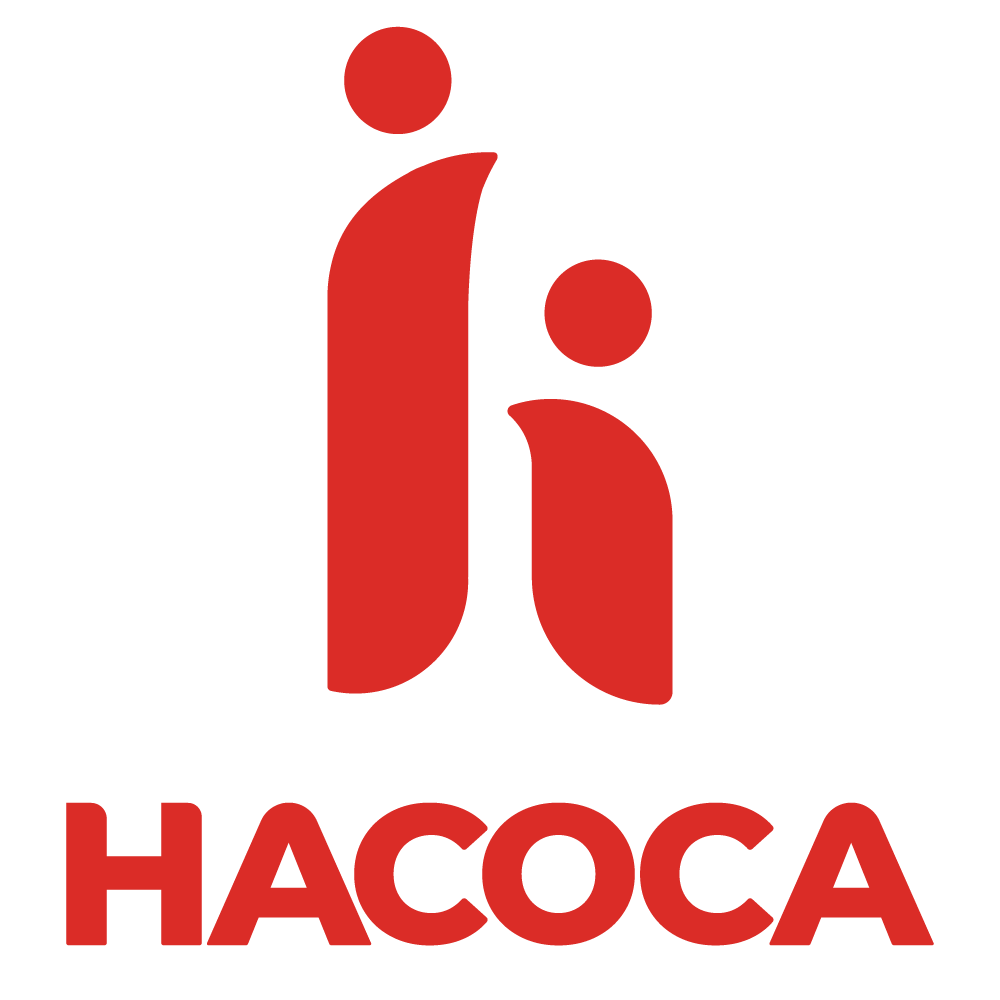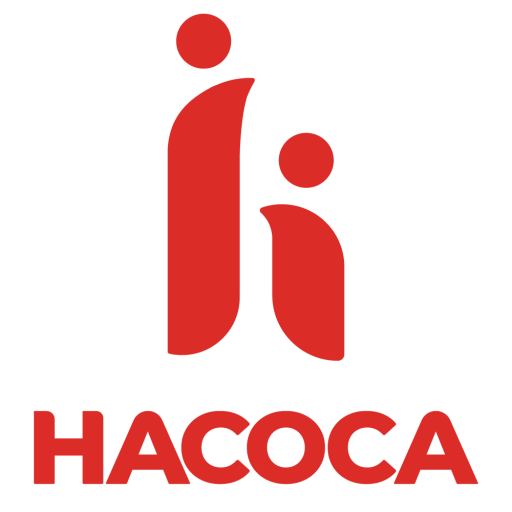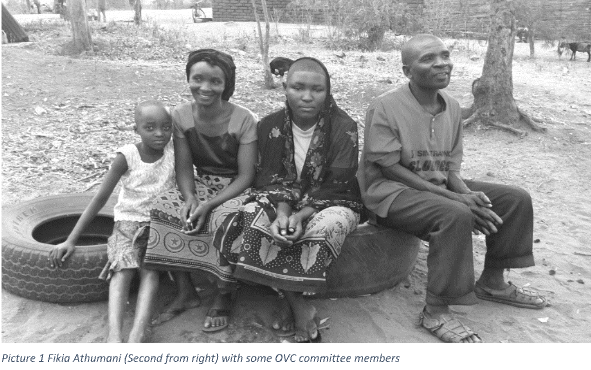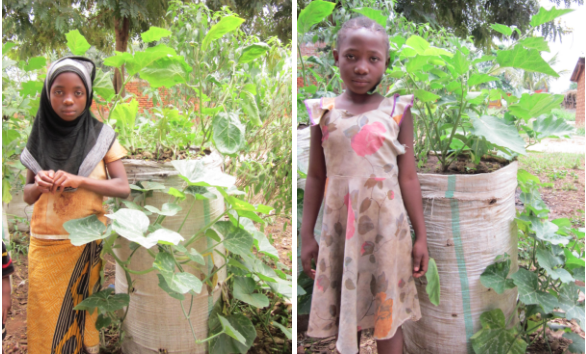Nine years ago, in Kipera Village, a young orphan named Fika Athumani faced an uncertain…
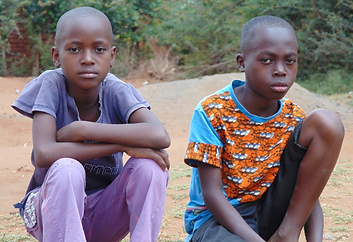
Justine Kikoti (11) and Eunice Kikoti (10) come from Chamwino Ward, one of the most populated and well-known areas in Morogoro Municipal. Despite its prominence, Chamwino is known for drug use and significant cases of sexual and child abuse. It is in this environment that Justine and Eunice’s lives took a devastating turn, adding to the many challenges already present in their community.
Their struggles began when family conflicts led to their father abandoning the family, leaving their mother unable to provide for their basic needs. With no stable income, their mother could no longer afford to keep them in school. Soon, Justine and Eunice were forced to drop out, spending their days at home with no hope of continuing their education.
“Our situation was dire. There were times when we had no food, and our mother told us we needed money for rent, water, and other home utilities. That’s when we decided to leave school and help her,” Justine recounted.
Their mother encouraged them to collect scrap metal around Morogoro town, an activity that required them to walk up to 20 kilometers each day. Despite earning a meager TZS 1,000 per day, they faced insults and rejection while scavenging for iron and steel materials. Living in Chamwino Ward only heightened their vulnerability, as children like Justine and Eunice are constantly exposed to dangerous influences in the community. The streets of Chamwino, known for drug abuse and violence, present a harsh environment for children, making them susceptible to exploitation and abuse.
However, their story took a positive turn when Seif Bendu, a coach working under HACOCA’s PAQE project, heard about their situation. The PAQE project focuses on supporting youth and children’s education in Morogoro, and Seif quickly realized the need to intervene.
“These children were clearly distressed and losing hope. I knew our club could offer them the support they needed, not just educationally but also emotionally and mentally,” Seif explained.
Seif reached out to Justine and Eunice, inviting them to join HACOCA’s youth club. The club became a lifeline for them, providing a safe space away from the challenges of Chamwino. Through daily activities, Justine and Eunice began to heal emotionally and mentally. They found a supportive community that cared about their well-being.
HACOCA’s intervention extended beyond simply returning them to school. Once they joined the club, Justine and Eunice benefited from various activties designed to restore their confidence and build life skills. HACOCA provided training sessions that equipped the children with essential life skills, including effective communication, decision-making, and problem-solving, which helped them navigate their difficult circumstances with resilience and hope. Both children were offered counseling to address the trauma caused by their father’s abandonment and the harsh realities of living in a high-risk area. This helped them overcome their emotional distress and develop a positive outlook on life. Through HACOCA’s intervention, Justine and Eunice also gained access to the COBET (Complimentary Basic Education in Tanzania) program, a second-chance initiative that allows out-of-school children to return to formal education. By early January 2018, they were back in school, full of hope and determination to succeed.
Reflecting on their journey, Eunice shared,
“It was so painful to see other children going to school while we stayed behind collecting scrap metal. But now, we are determined to study hard and help our mother in the future.”
Both children expressed their deep gratitude to Seif and HACOCA for not only helping them return to school but for restoring their hope and giving them the tools, they needed to move forward in life. Despite the challenges of living in Chamwino, Justine and Eunice were then focused on their studies, determined to break the cycle of poverty and build a better future. They still need support in the form of scholastic materials, but with HACOCA’s ongoing assistance and the backing of community stakeholders, their future looks brighter than ever.
